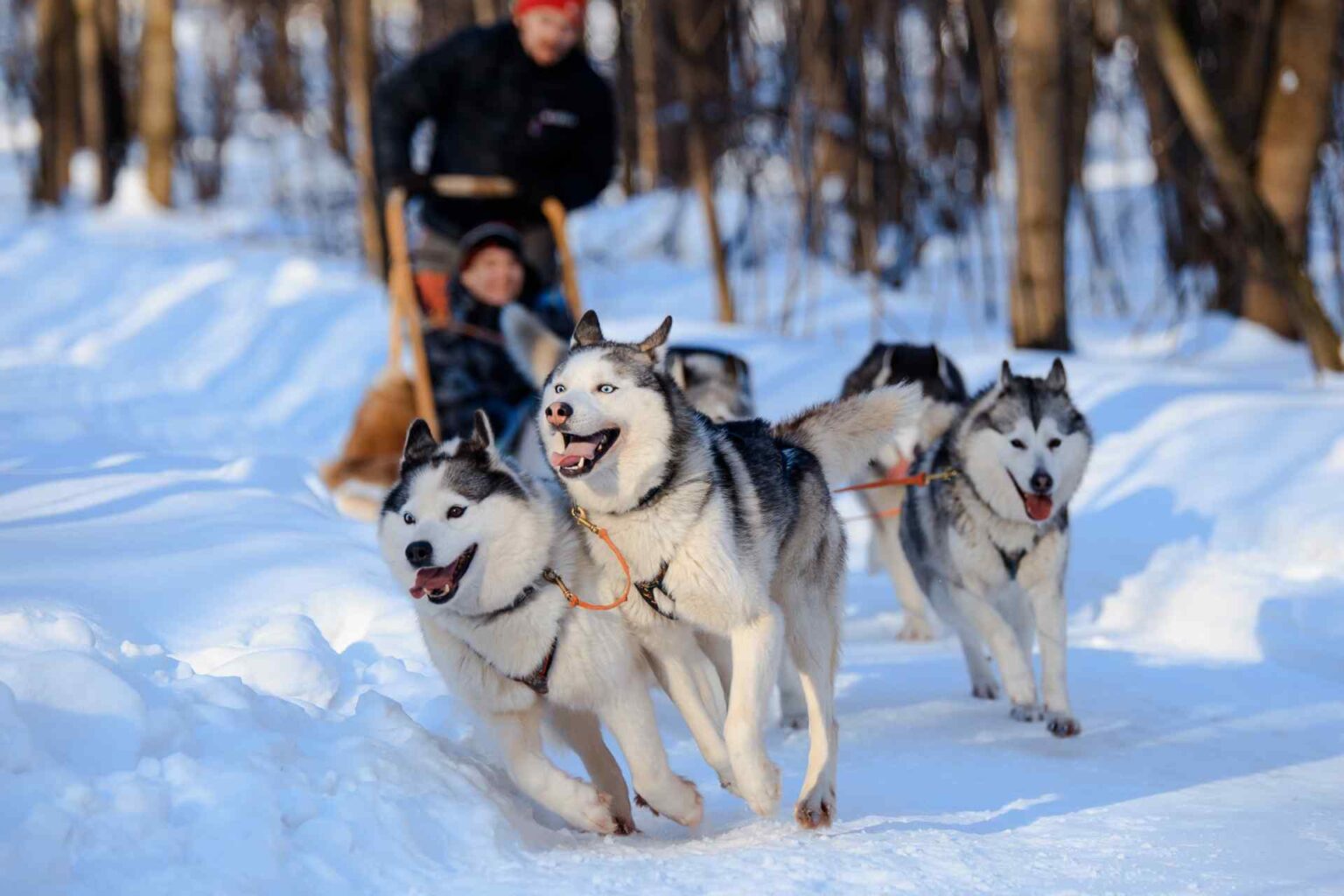With a prevalence similar to that found in humans–between 26 and 29%–dogs may exhibit anxiety symptoms that increase with age, and in some cases disorders referable to canine dysfunctional behavior–repetitive behaviors and rejection of social interaction – not unlike those that characterize autism spectrum disorders in humans.
With regard to this, growing insights regarding the role of the gut-brain axis have led to further investigation into the characteristics of the microbiota of anxious individuals, leading to the finding that many conditions of a neuropsychiatric nature – including anxiety – are acco...
This content is restricted to registered members of the web site
or sign in











